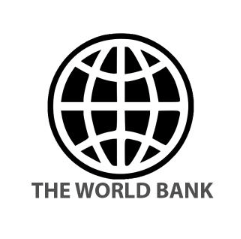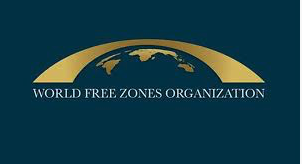3 minutos Free zones are designed to attracforeign direct investment, to support knowledgetransfer, to generateemployment and to drive upgrades in the hosteconomy, mostlythrough export stimulus. The net economic contribution of free zones has been a matterof debate, primarily due to a lack of measurable data that could be compared acrossregions and industries. Several countries across the globe are considering closing someof their free zonesout of concern that their contribution to the domestic economy may nothave been significant enough. In other words, free zones are supposed to create valuefor the governments that build them. It is more crucial than ever that a free zone generatethis value in order to justify its existence. Offering looser environmental regulation in free zones is no longera viable solution. The17 UN Sustainable Development Goals have become a standard to track environmentalimpact in global ventures. Businesses now use their green development strategies asmarketing hooks of credibility to lure customers and clients. Infrastructure,policies andprocesses in free zones must now incorporate a sustainable component to be trulycompetitive on the worldstage, and allow their client companies to do so too. Thisrequires either adaptation or redirection when developing and Continue lendo→




